#Anita Mui
Text

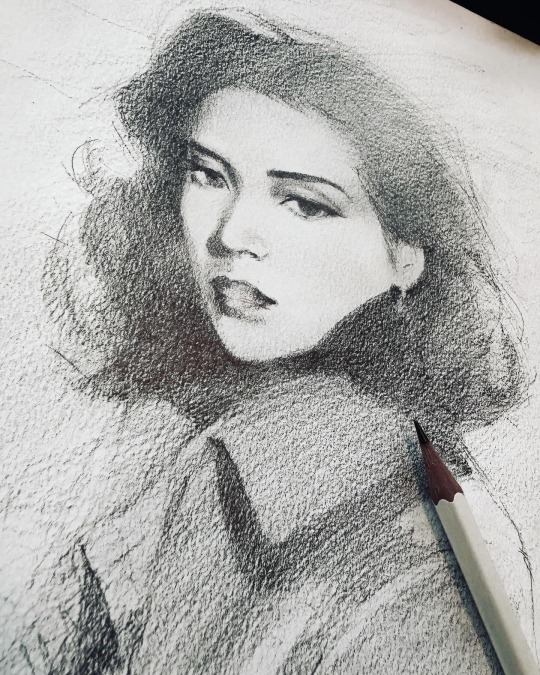
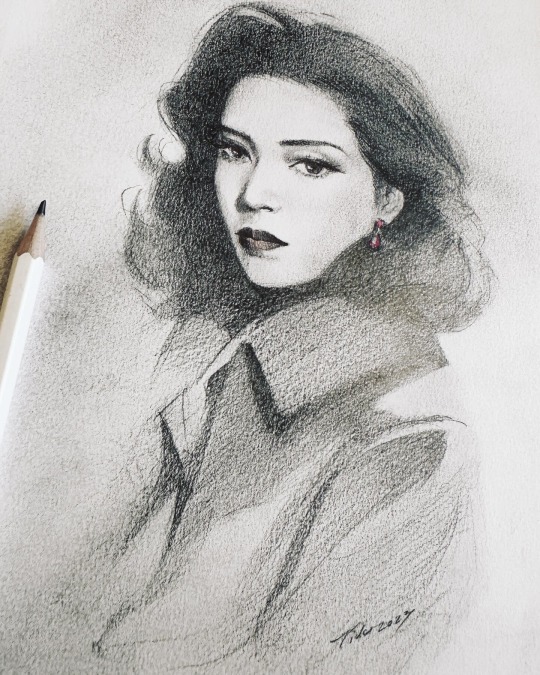
This drawing is dedicated to my dearest inspiration Anita Mui 10 October 1963 – 30 December 2003
244 notes
·
View notes
Photo
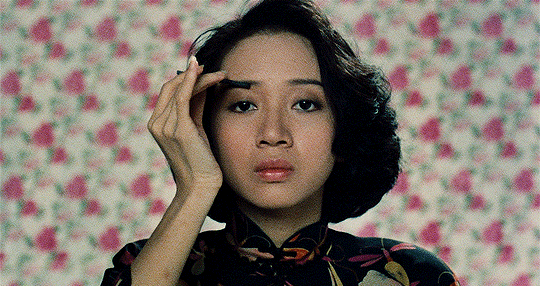
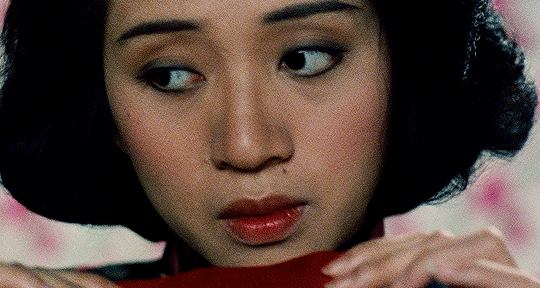
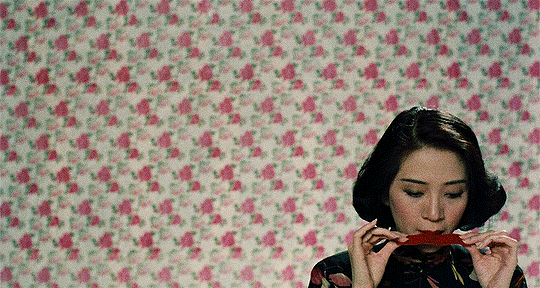
ROUGE ‘胭脂扣’
dir. Stanley Kwan
#rouge#anita mui#gifs#film#drama#filmedit#filmgifs#moviegifs#fyeahmovies#dailyflicks#stanley kwan#ours#arina
510 notes
·
View notes
Photo
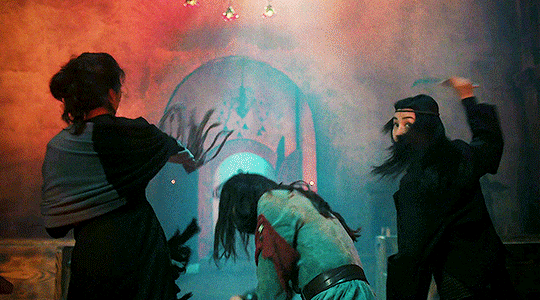
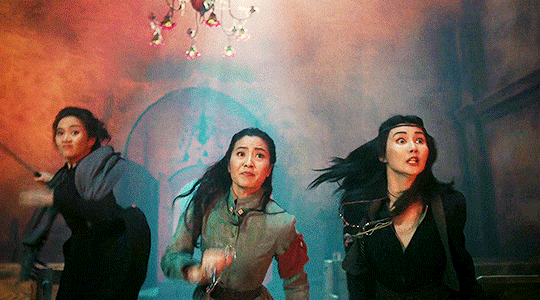
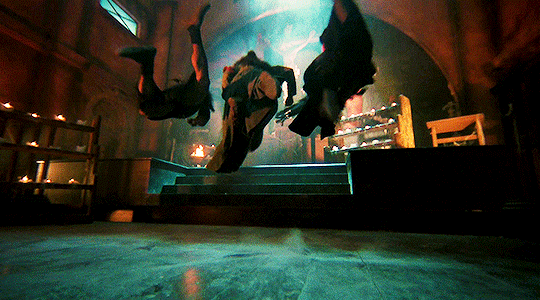
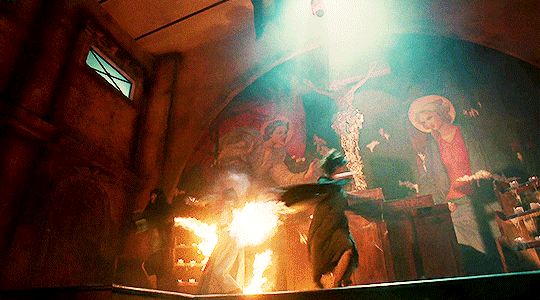
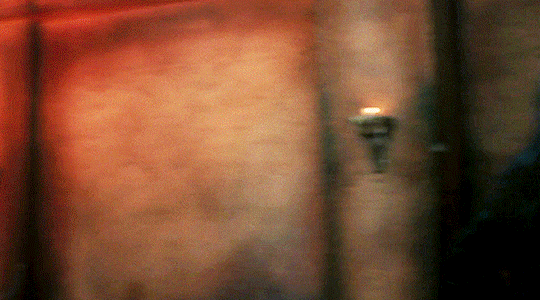
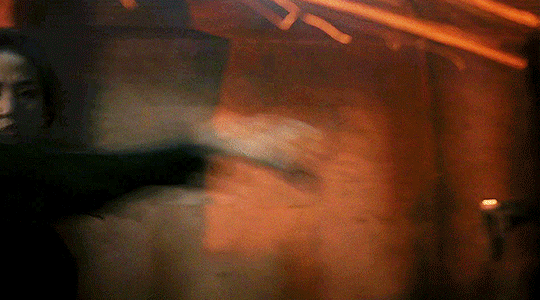
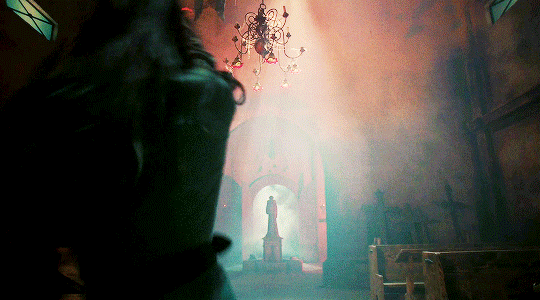
EXECUTIONERS 現代豪俠傳
(1993, Johnnie To and Ching Siu Tung)
#executioners#filmedit#dailyworldcinema#filmgifs#fyeahmovies#dailyflicks#moviegifs#asiancentral#uservintage#dailytvandfilm#junkfooddaily#michelle yeoh#anita mui#maggie cheung#my edit#hong kong films#legends will always be legends
674 notes
·
View notes
Text
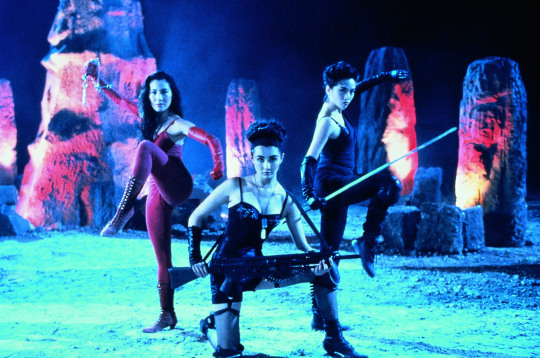

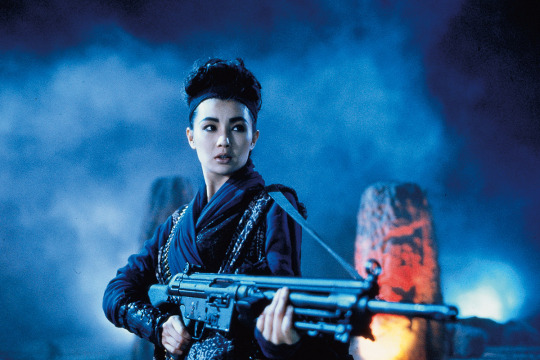
#Michelle Yeoh#Anita Mui#Maggie Cheung#The Heroic Trio#1993#Johnnie To#action movie#90s#1990s#style#fashion#scifi#fantasy#action#hong kong cinema#design
89 notes
·
View notes
Text

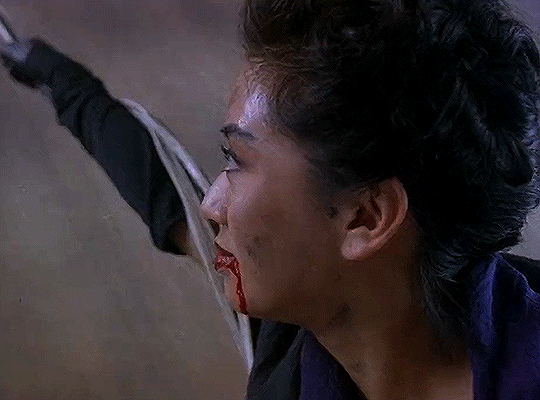

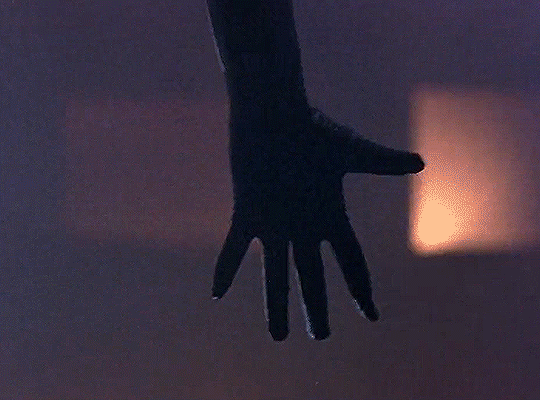


ANITA MUI & MICHELLE YEOH
THE HEROIC TRIO (1993) dir. Johnnie To
#maybe maybe maybe im feeling rly unwell about them still#the hand shots are so funny to me like girl youre supposed to be falling! pause for dramatic effect. and homoerotic tension#the heroic trio#東方三俠#filmgifs#moviegifs#filmedit#michelle yeoh#anita mui#hk movies#hong kong cinema#my post#*m.gif
73 notes
·
View notes
Photo
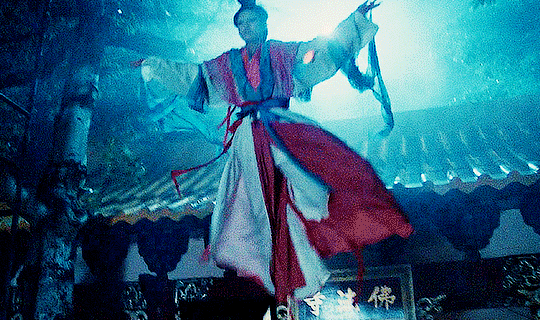

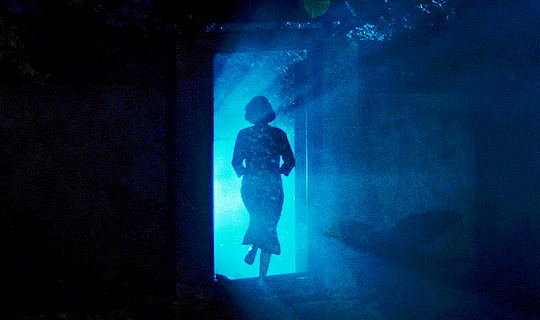


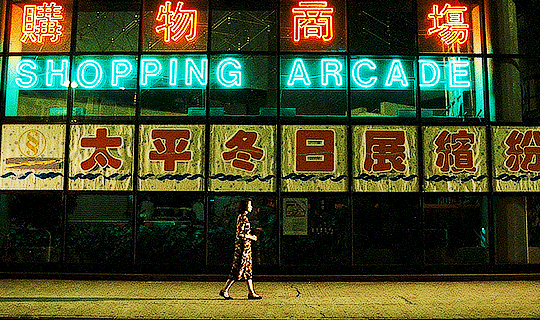
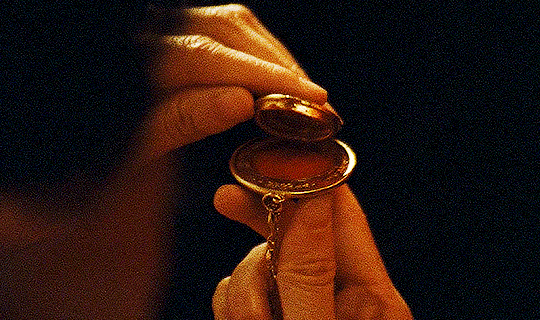

ROUGE
(1987, Stanley Kwan)
#rouge#filmedit#filmgifs#worldcinemaedit#moviegifs#dailyflicks#fyeahmovies#asiancentral#dailytvandfilm#uservintage#long post#my edit#anita mui#leslie cheung#legends will always be legends
764 notes
·
View notes
Text

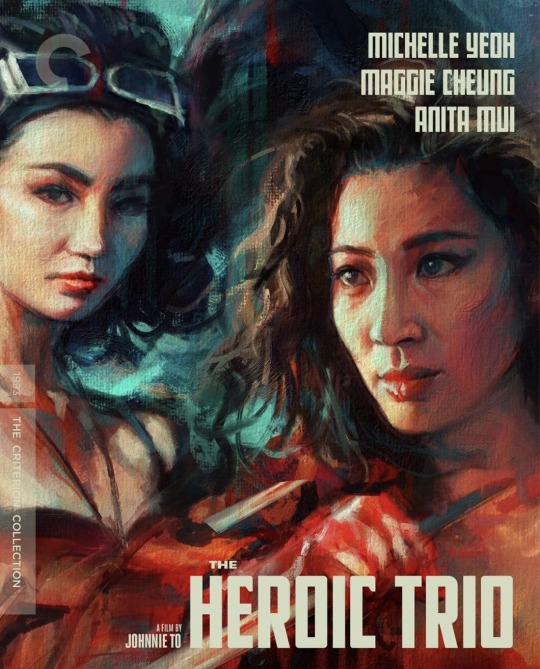

The Heroic Trio and its sequel Executioners, starring Michelle Yeoh, Maggie Cheung, and Anita Mui, both released in 1993, dir. Johnnie To
Criterion boxset, cover art by Alice X. Yang
76 notes
·
View notes
Photo

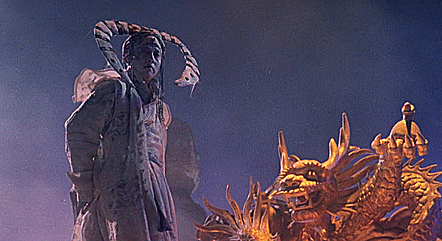
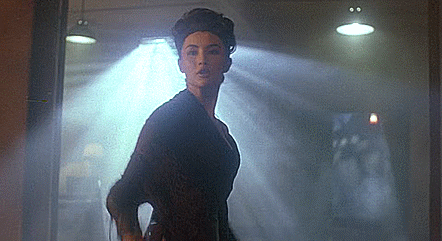

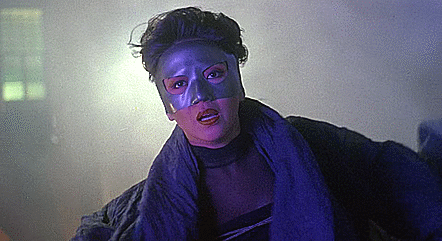
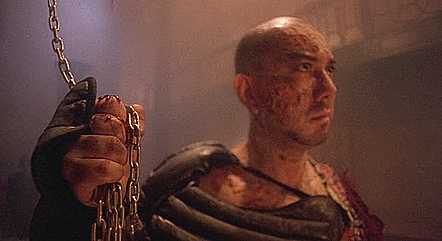
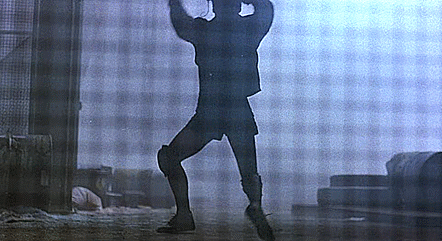
The Heroic Trio (1993)
#The Heroic Trio#michelle yeoh#Maggie Cheung#anita mui#johnnie to#Dung fong sam hap#hong kong cinema#90s action movies#filmedit#90s movies#90s films#90s#martial arts
252 notes
·
View notes
Photo
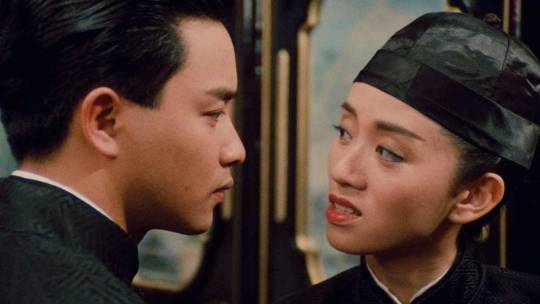

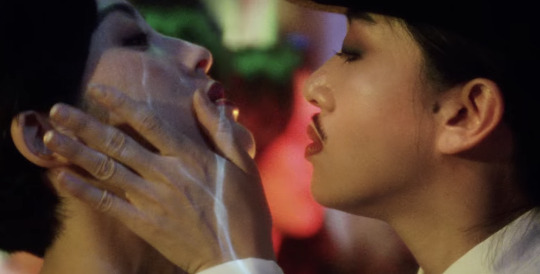
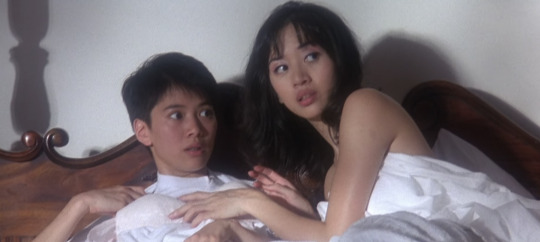

FASCINATED by Anita Mui’s queer presence in HK films, where she has been cast variously as a masculine /cross-dressing woman; a pansexual woman; a woman acting as a man; and a straight-up man.
Rouge (1987)
Kawashima Yoshiko (1990)
Fight Back to School III (1993)
Who’s the Man Who’s the Woman (1996)
Emperor Qi-Wu Yuen (2001)
#anita mui#hk cinema#hk singers#cantonese singers#mui yin fong#queer films#queer cinema#sapphic#genderqueer cinema
101 notes
·
View notes
Text

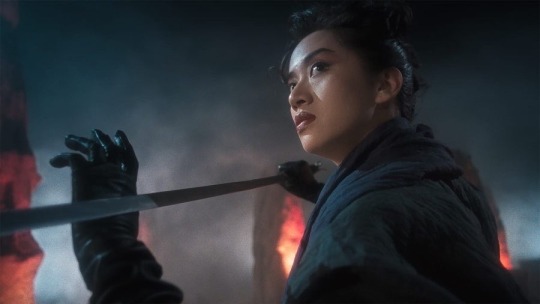
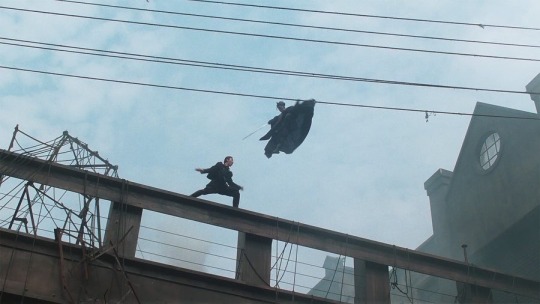
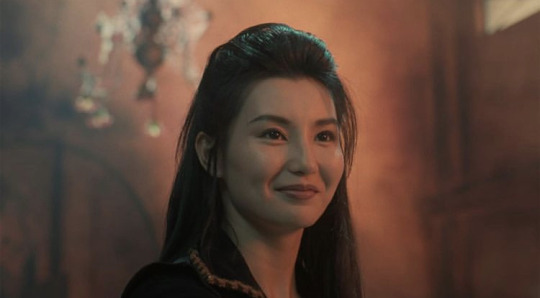




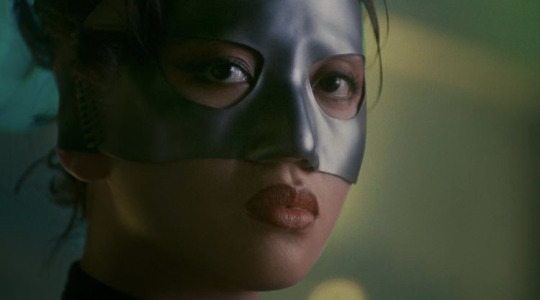
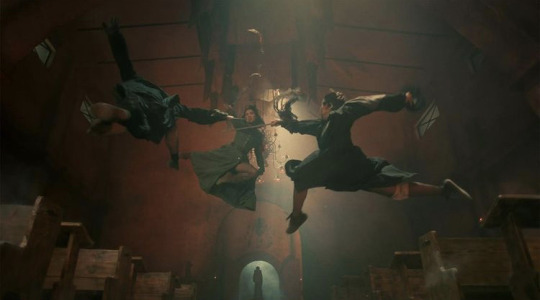
Stills from the new restoration of The Heroic Trio (1993) dir. Johnnie To
#the heroic trio#maggie cheung#michelle yeoh#anita mui#johnnie to#asiandramasource#dailyworldcinema#hong kong movie#hong kong cinema#screencaps#favourite x favourite
144 notes
·
View notes
Text

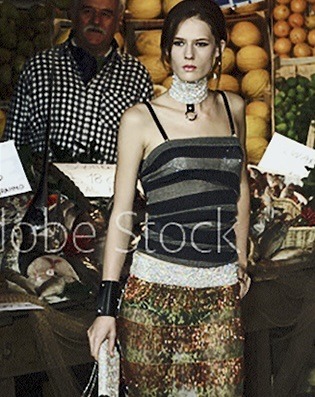
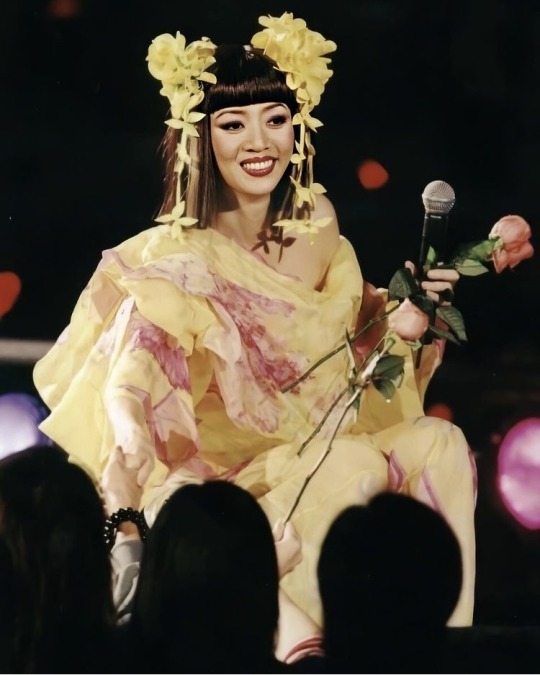

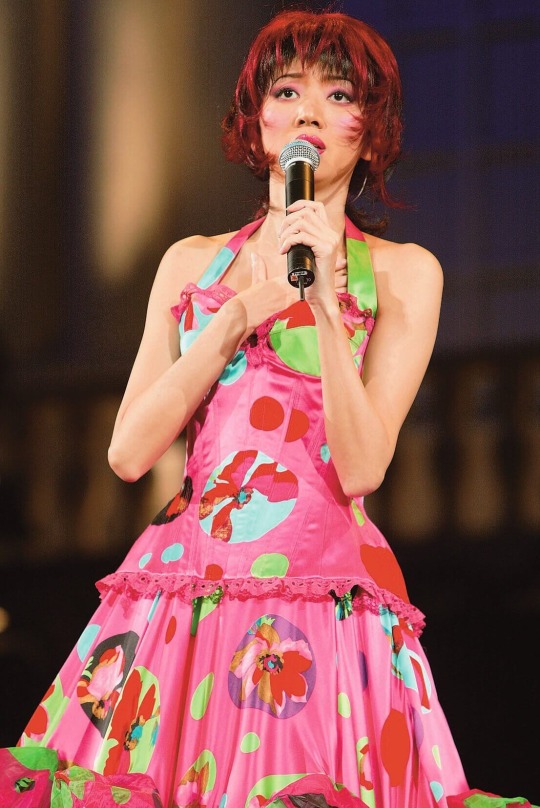



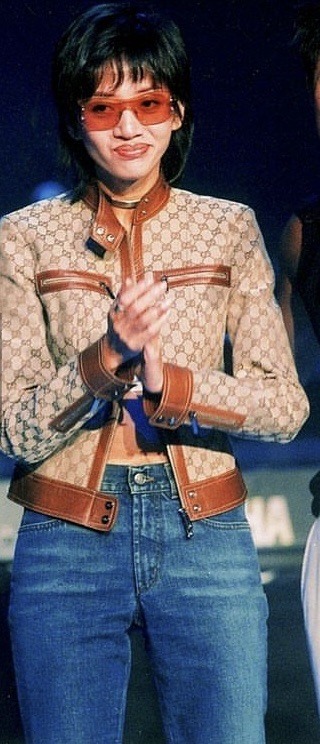
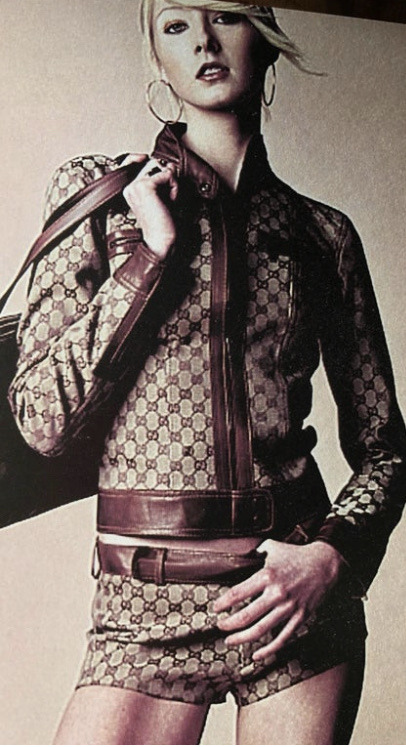
Popstar, Actress and Fashion Icon Anita Mui wearing Dolce & Gabbana Spring/Summer 2000, Christian Dior by John Galliano Fall/Winter 2003, Christian Dior Haute Couture Fall/Winter 2003, Christian Dior Spring/Summer 2000 and Gucci by Tom Ford Fall/Winter 2000.
243 notes
·
View notes
Text
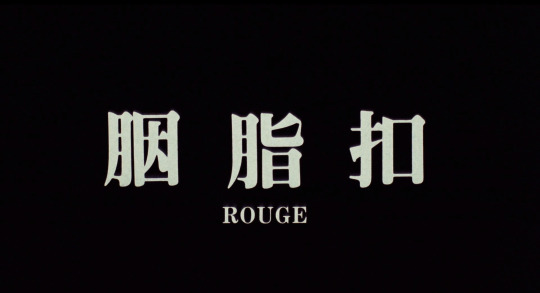
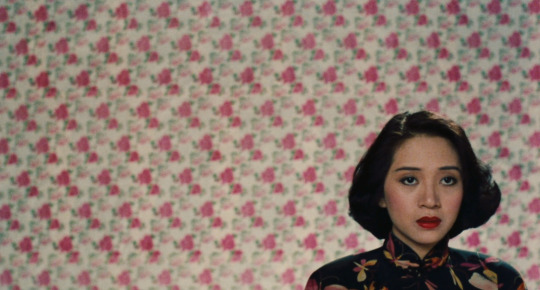

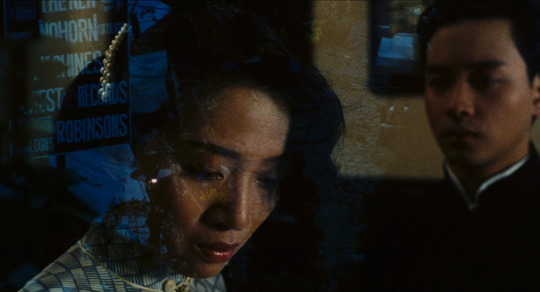
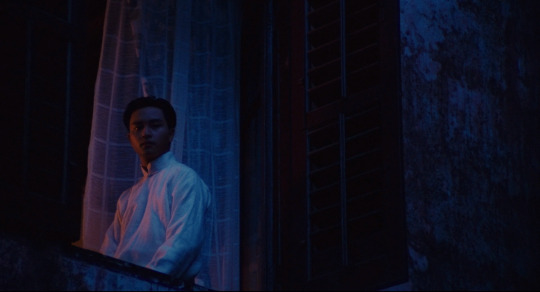
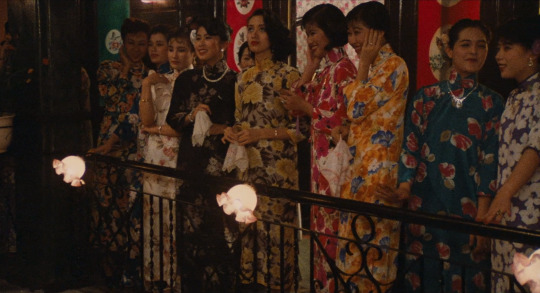

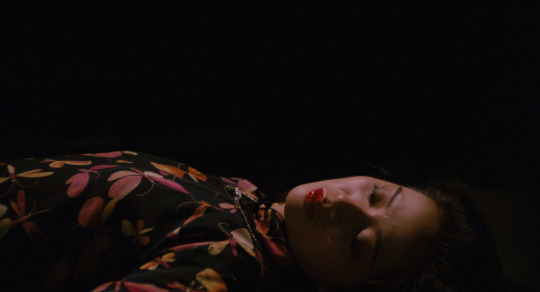
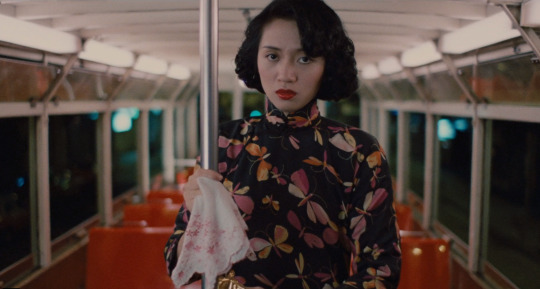
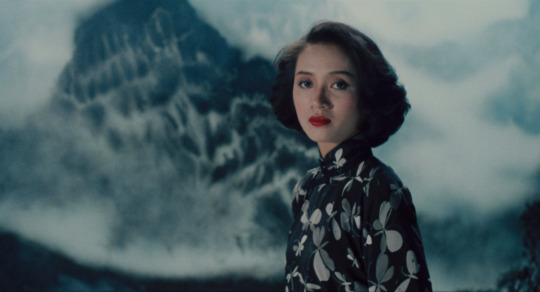

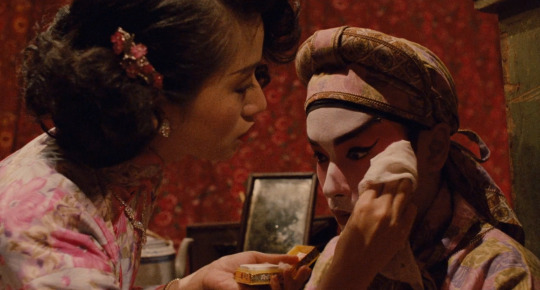
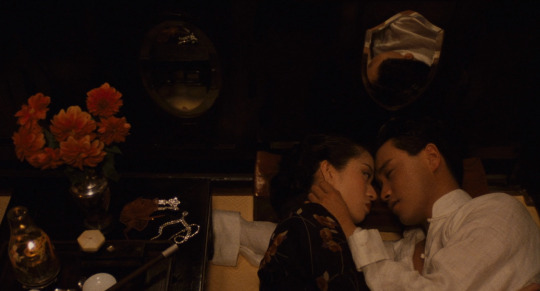

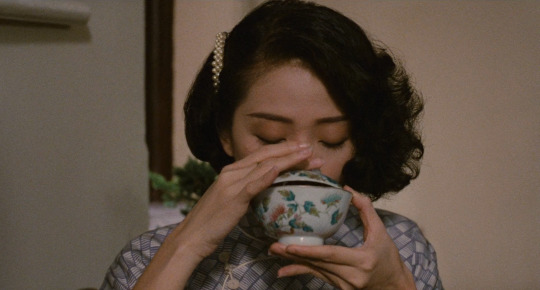
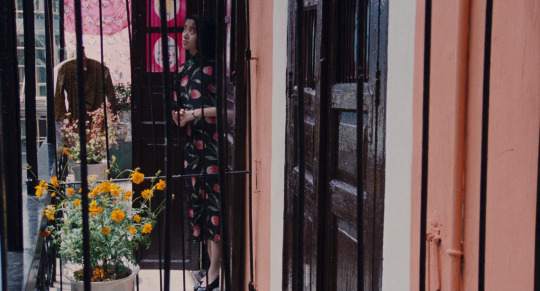

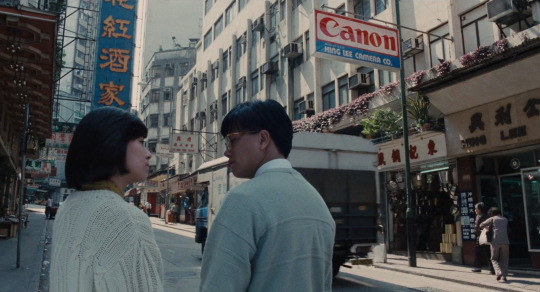


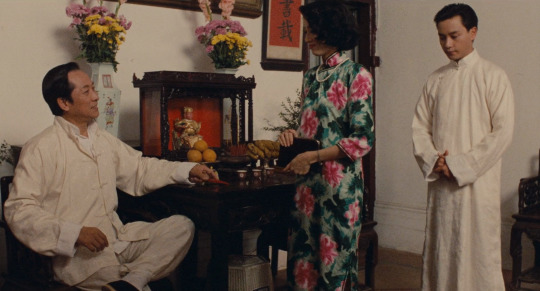
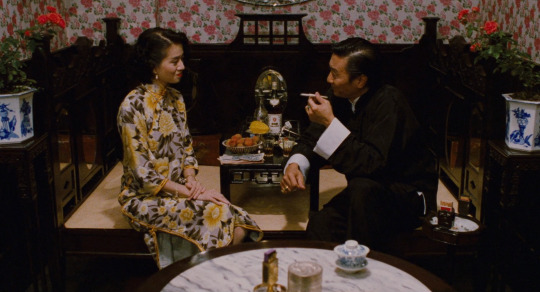
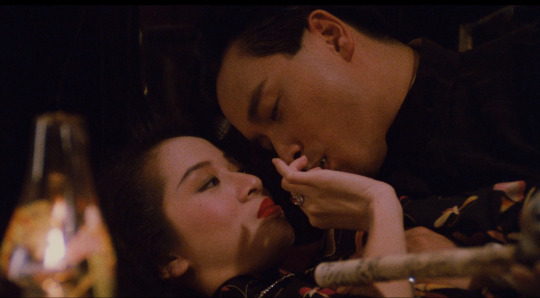



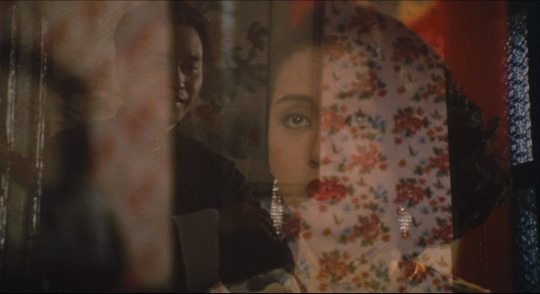
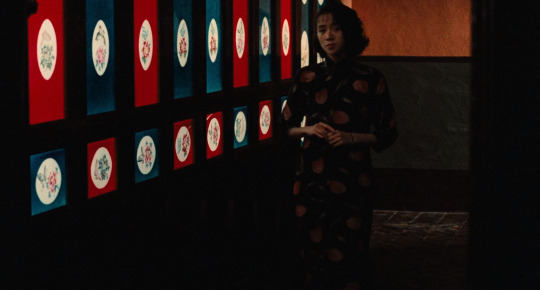
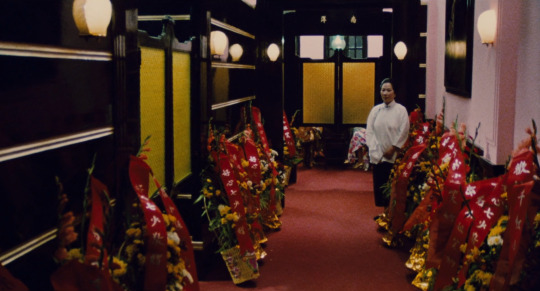
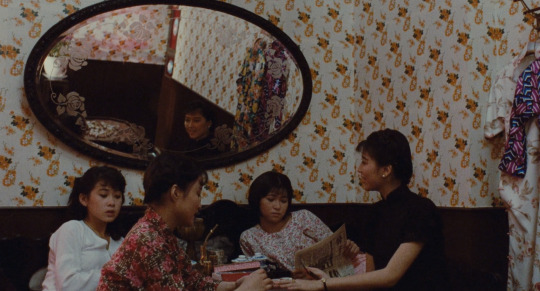
Rouge / 胭脂扣 (1987)
Director: Stanley Kwan
Cinematographer: Bill Wong
Starring: Anita Mui, Leslie Cheung, Alex Man, Irene Wan
#rouge#1987#anita mui#leslie cheung#stanley kwan#hong kong films#hong kong cinema#80s films#romantic movies#ghost stories#period piece#costume drama#costume design#cheongsam#30s fashion#vintage fashion#criterion channel
96 notes
·
View notes
Text

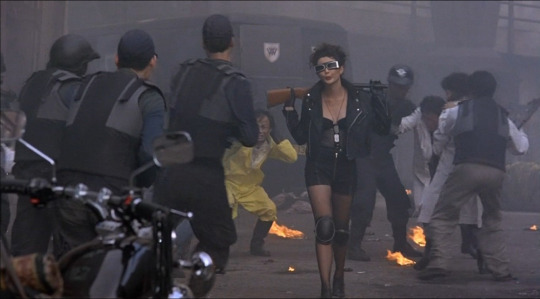
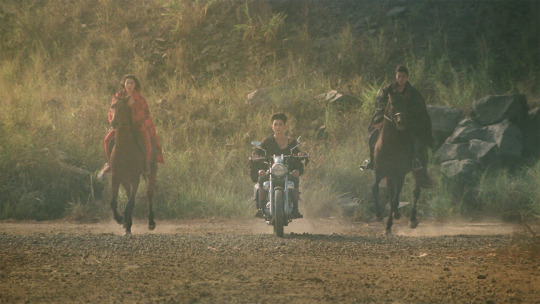
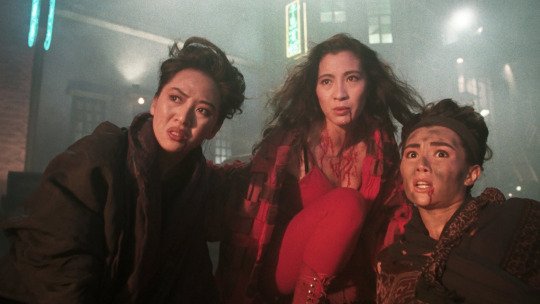

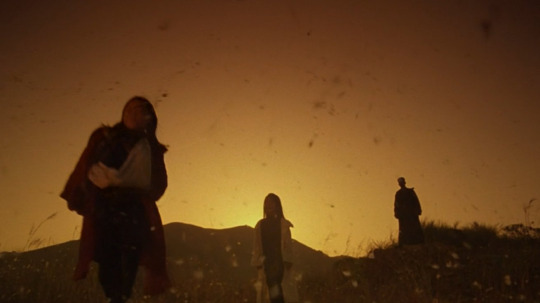
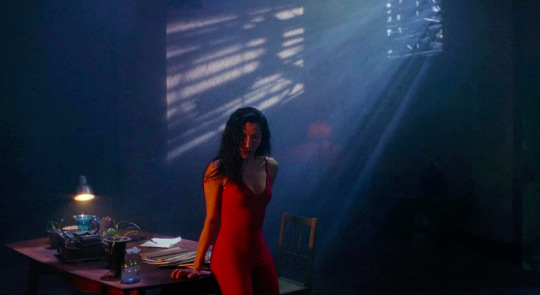
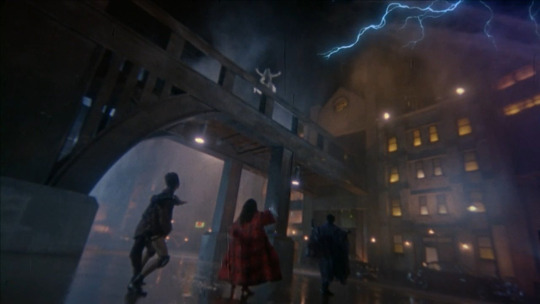
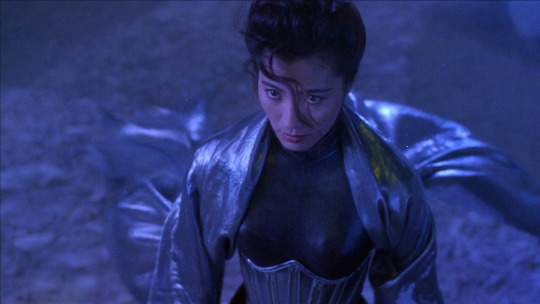

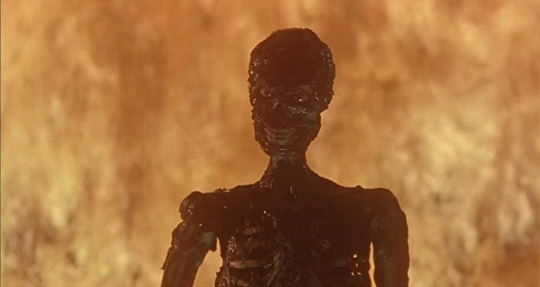


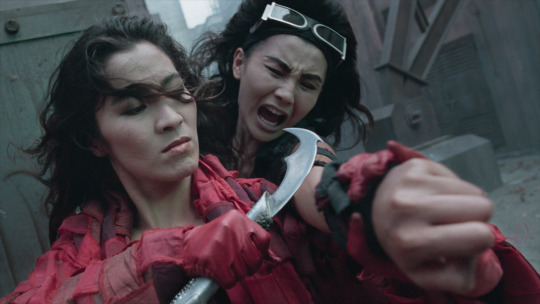
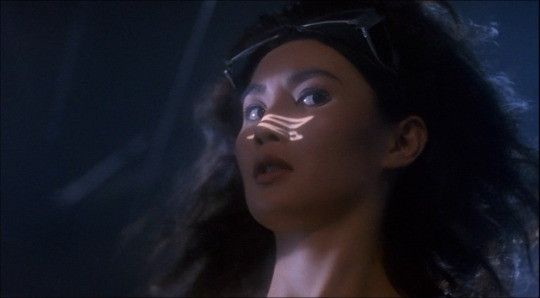
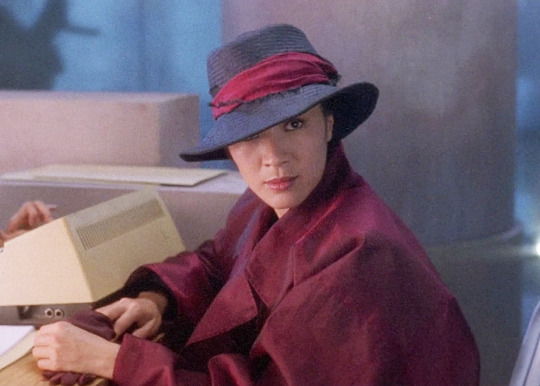
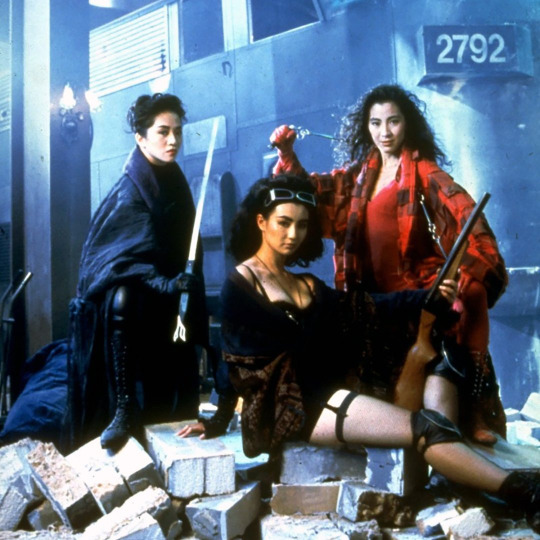
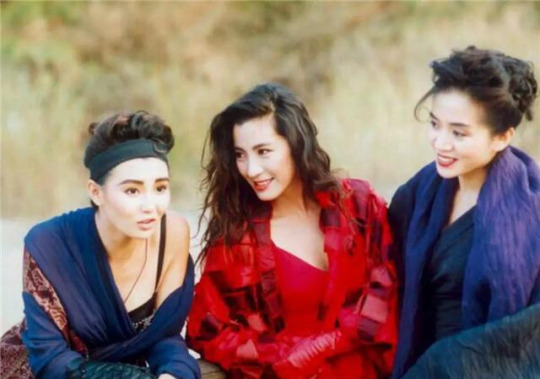
The Heroic Trio Johnnie To, 1993
31 notes
·
View notes
Text




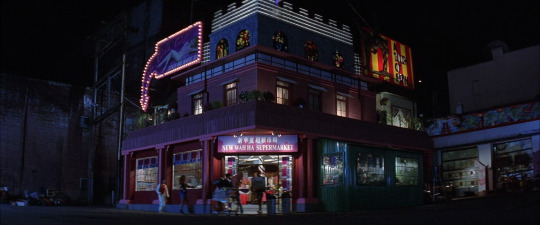





Rumble in the Bronx, 1995.
Dir. Stanley Tong | Writ. Edward Tang & Fibe Ma | DOP Jingle Ma
#rumble in the bronx#1990s#us film#hong kong film#jackie chan#stanley tong#anita mui#Françoise Yip#10 frames#action comedy
42 notes
·
View notes
Text
Translation of Anita Mui's 1991 "似是故人来" (It Seems an Old Friend has Returned)
My first sapphic translation! Anita Mui, the Madonna of Hong Kong, has a very special place in my heart. She sang many Golden Age anthems, starred in just as many Golden Age dramas, and was named the "big sister of HK's music industry." Though she never disclosed her sexuality, she was named a queer icon for her androgyny, sexually explicit lyrics, and performance of genderqueer roles. (Think Lady Gaga.)
似是故人来 is the theme song of the 1991 双镯, or "The Two Bracelets," a lesbian love story set in the countryside of southern China. The movie was adapted from the novel of the same name by Lu Zhaohuan, and was directed by Huang Yushan. 似是故人来 was composed and produced by Luo Dayou, with lyrics by Lin Xi, both of whom operated under strict censorship and limited knowledge of the film's plot. According to Luo, Anita Mui was 2.5 hours late to the recording session (which I think is kinda gay), but finished the recording in 30 minutes.
Translation:
同是过路 同做过梦
We walked the same roads towards the same dreams.
本应是一对
We were supposed to be a couple.
人在少年 梦中不觉
I was too young, I didn’t know I was dreaming.
醒后要归去
Now I’ve awakened, and I wish to return.
三餐一宿 也共一双
Three meals, one house, the two of us together.
到底会是谁
Who will you be in my future? (1)
但凡未得到 但凡是过去
I don’t think you’ll ever understand. It’s in the past, after all.
总是最登对
But I’ve always loved you. (2)
台下你望 台上我做
You’ll watch me from the audience, I’ll perform for you onstage.
你想做的戏
I’ll give you whichever story you wish. (3)
前事故人 忘忧的你
Old friend, you who forget your sorrows,
可曾记得起
Do you ever remember me? (4)
欢喜伤悲 老病生死
Joys and sorrows, life and death:
说不上传奇
What are those stories next to ours? (5)
恨台上卿卿 或台下我
I hate those lovers onstage, and I hate myself offstage. (6)
我不是我跟你
I hate that I am not with you. (7)
俗尘渺渺 天意茫茫
This land is so barren. Heaven knows no shame (8)
将你共我分开
To separate you from me.
断肠字点点 风雨声连连
My broken heart beats in my every word. This storm will never end.
似是故人来
Old friend, I thought you were coming back. (9)
何日再在 何地再聚
When will we be here again? Where shall we meet again?
说今夜真暖
This evening was so warm.
无份有缘 回忆不断
We don’t share a destiny, but I’ve never stopped thinking of you. (10)
生命却苦短
This life is so short.
一种相思 两段苦恋
One lovesickness, two bitter hearts.
半生说没完
I’ve spent half a life spent describing you to others. (11)
在年月深渊 望明月远远
Each year is an abyss, I wish upon the moon.
想像你忧怨
And I remember all your sorrows.
俗尘渺渺 天意茫茫
This land is so barren. Heaven knows no shame
将你共我分开
To separate you from me.
断肠字点点 风雨声连连
My broken heart beats in my every word. This storm will never end.
似是故人来
Old friend, I thought you were coming back.
留下你或 留下我在
Did I leave you behind? Or did you leave me behind,
世间上终老
To grow old in this world? (12)
离别以前 未知相对
Before we parted, did we know how much we loved each other?
当日那么好
Those days were so lovely.
执子之手 却又分手
I hold your hand, just to let it go again.
爱得有还无
I don’t know where to find our love. (13)
十年后双双 万年后对对
In ten years, we’ll be together. In ten-thousand years, we’ll be together.
只恨看不到
I only wish I could see it happen.
十年后双双 万年后对对
In ten years, we’ll be together. In ten-thousand years, we’ll be together.
只恨看不到
I only wish I could see it happen.
Translation notes:
(1) 到底会是谁 translates directly to "Who will it be, really?" When placed in conversation with the previous line, this line could mean, "Who will be my partner?" (referring to a love interest the speaker does not yet know/recognize) or "Who will you be?" (referring to the speaker's uncertainty towards their current love interest, and how their love interest seems foreign to them now). The lack of subjects, objects, and pronouns leaves a lot of room for interpretation, so I chose the angstier version.
(2) 总是最登对 translates directly to "Always the right one," or "Always correct." I take this to mean that the love interest has always been the right person for the speaker--hence, "I have always loved you."
(3) 你想做的戏 translates directly to "Whichever play you want to see," referring to the previous line concerning the actress/audience interaction. I chose "I'll give you whichever story you wish" because it sounded better (subjective?) and felt congruous to a number of lines besides just the previous, as well as to the song's meta context. This song was part of a broader love story/movie, after all.
(4) 曾 (ceng) implies something ancient: translated literally, the line is "Have you already remembered?" or "I/you/[subject] already remember." Considering how the protagonists of the movie view their queerness as a sorrow that must be forgotten/left behind, I decided to place this line in conversation with the previous, and go with "do you remember me?"
(5) 说不上传奇 translates directly to "They can't be considered legends," which I believe is a line meant to minimize life/death/old age/illness next to the speaker's love. I thought it was a bit awkward to refer to life/death as legends, so I used the term "stories" and added "next to ours" to match the full effect of the line and its relationship to the previous line. I converted this line into a question because a simple sentence in English doesn't quite have the same power as a short sentence/fragment in Cantonese. Questions do, though, because they feel more accusatory.
(6) The 卿 of 卿卿 (qing qing) can be translated any number of ways: "ministers (of the law)", "wives/ladies," or "lovers." There's a certain heterosexual rigidity implied in the word, which I think any English translation loses.
(7) 我不是我跟你 is the line that confused me the most, because it defies both Chinese and English grammar structures. I tried translating it literally at first: "I am not me with you," or "I am without you," or "Without you, I am not me," before deciding to go with the laziest route. Let me know if there's a better translation, please--I'm still confused.
(8) 天意茫茫 translates to "Heaven's will is wild and vast." The original line implies unknowability, but I used a pretty heavy hand in choosing the word "shame" instead. My academic justification is that shame, accusation, and frustration echo throughout this whole song, and my translation pays tribute to that. My honest justification is that I liked the angst.
(9) There is no object in this line--the speaker just says, "I thought an old friend was coming back"/"It's as if an old friend is coming back." But I liked the addition of an object.
(10) 份 (fen) could mean "to share" or "to separate" or "to share by separating" (e.g. splitting food between people). In this case, I thought it would sound strange to write "splitting a destiny."
(11) 半生说没完 translates to "half a life is not enough." The speaker doesn't clarify what they need the time for: whether to spend with their lover, to talk about them, etc. "Describing you to others" was a big creative liberty of mine, but it's also something that feels very sapphic, and emphasizes the speaker's loneliness.
(12) 终老 has the implications of taking care of one's parents when they are old: a duty, and an emotional labor. Growing old alone, without anyone to take care of you, is a very sad thing in Chinese culture.
(13) 爱得有还无 also translates to "I don't know whether this love exists" and "I don't know whether I have this love." But considering the importance of location, and the importance of journeying/coming/going, I chose "where to find."
#anitamui#anitamuitranslation#anita mui#cantopop#cantopoptranslation#cantopop translation#hong kong#golden age hong kong#Spotify#translation
33 notes
·
View notes
Photo

#the heroic trio#the heroic trio 1993#hong kong movies#Maggie Cheung#Anita Mui#Michelle Yeoh#90s movies
7 notes
·
View notes